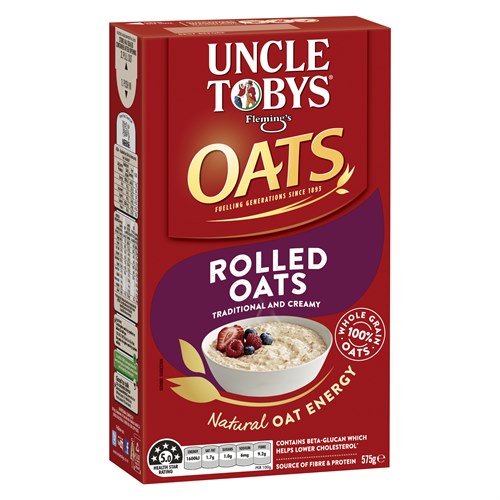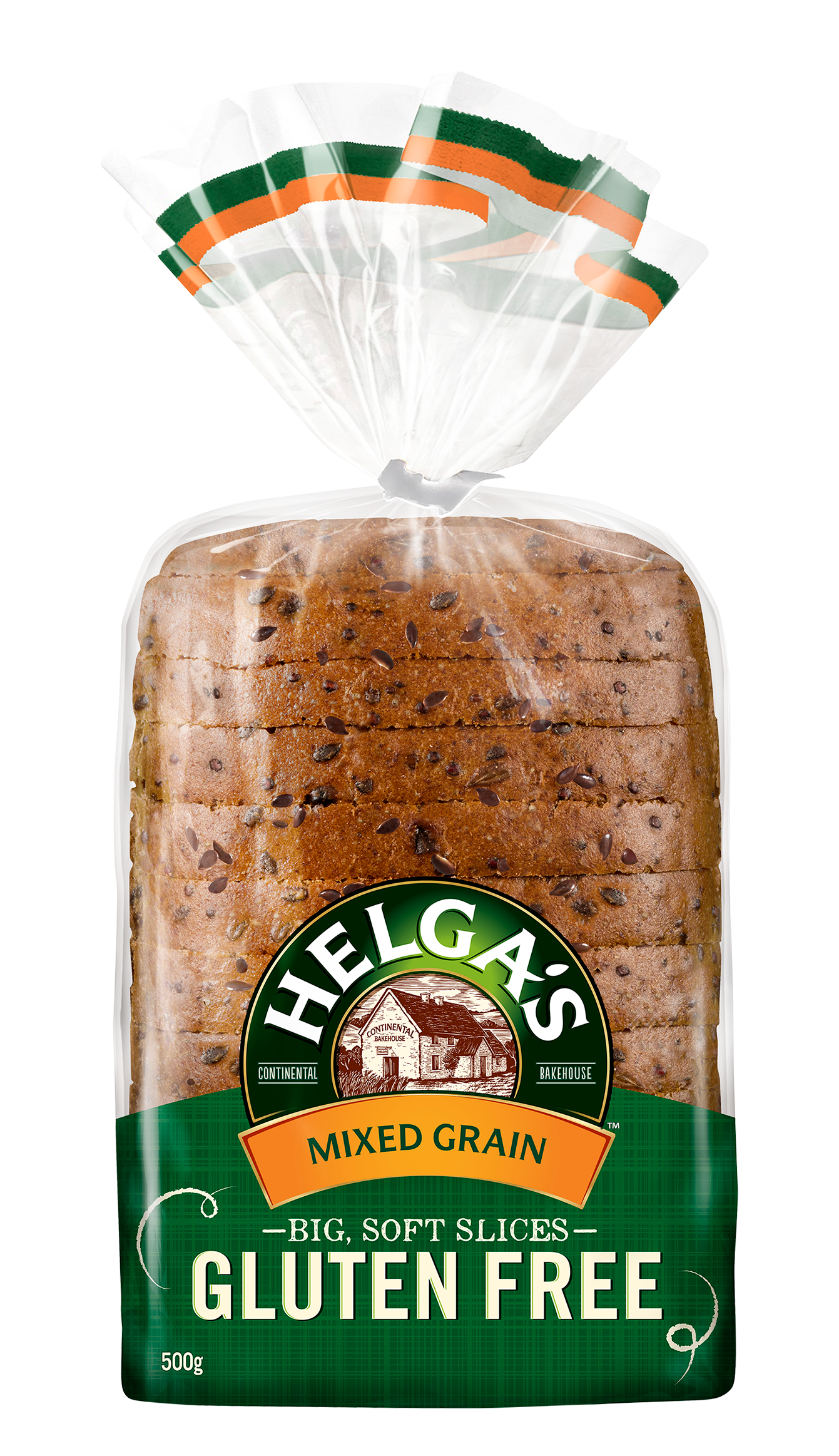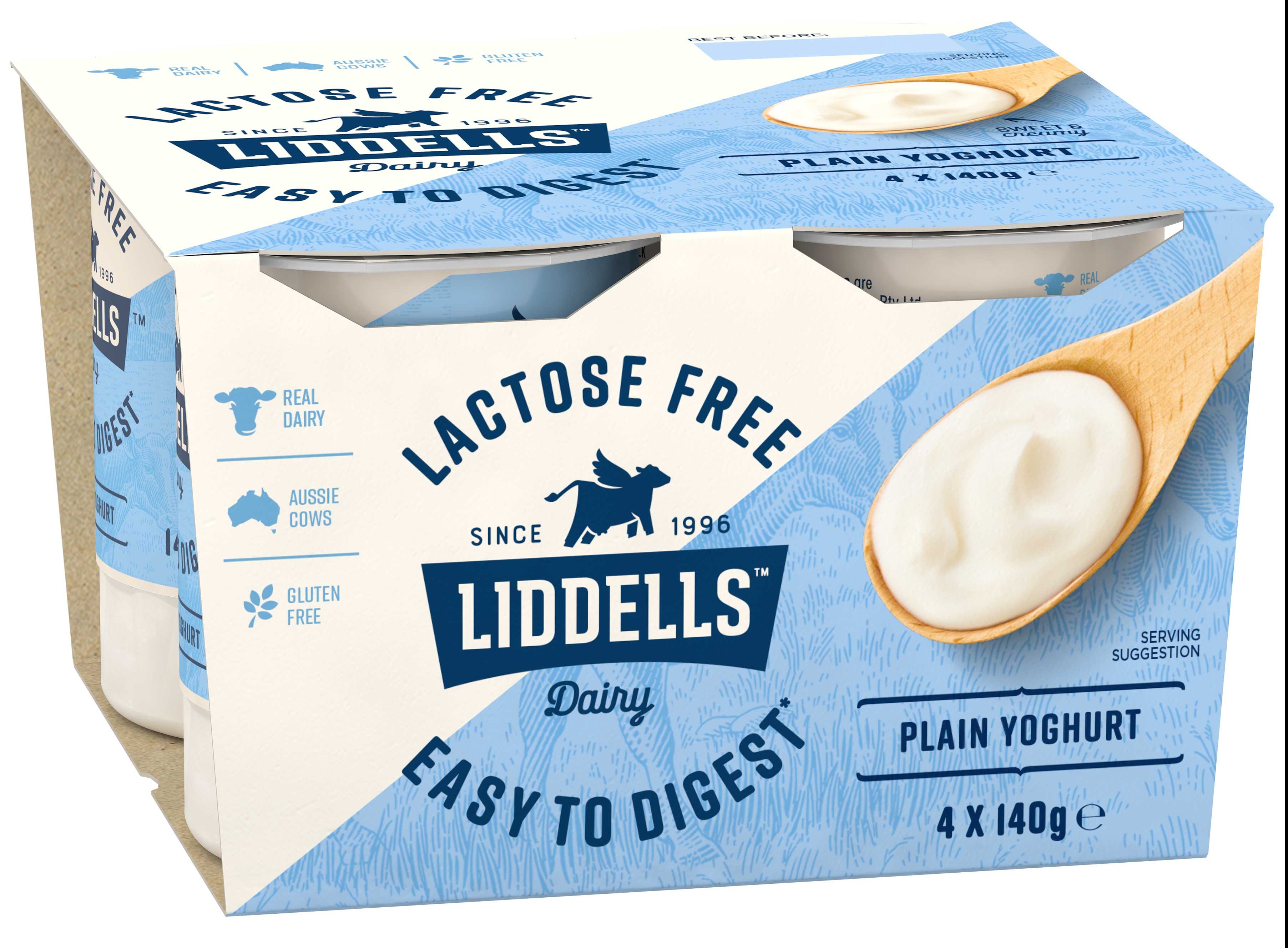Type One Diabetes and the low FODMAP diet
Posted on November 10, 2021
Type one diabetes and irritable bowel syndrome (IBS) may not be related to each other; however diet plays a big role in the management of both of the conditions. There are over 118,000 people currently living with type one diabetes in Australia. Type one diabetes is an autoimmune disorder where the pancreas is not able to produce a hormone called insulin. Insulin’s role is to let glucose (sugar) enter cells from the blood stream (think of insulin like a key unlocking a door, letting glucose inside). Currently the cause for type one diabetes is unknown and there is no cure.
Someone living with type one diabetes is required to inject insulin multiple times a day, through a pump or insulin pens, and must check blood sugars multiple times a day. Diet plays a key role in the management of diabetes, like the management of IBS. Dietary management of Type one diabetes focuses primarily on carbohydrates in foods. Balancing carbohydrate intake with insulin dose and other lifestyle factors like exercise and activity is important in maintaining blood sugars in a ‘normal’ range.
What foods are we talking about?
Carbohydrates! Most people will have heard of carbohydrates or ‘carbs’ but not know what foods contain them – don’t fret though, we’re here to tell you. The main foods and food groups that contain carbohydrates are fruits, some vegetables, legumes, breads, cereals, dairy, syrups and other confectionary.
Not all carbohydrates are the same. Glycaemic index (GI) is a rating given to carbohydrates to indicate the relative speed they’re broken-down and released into the blood stream. When someone has diabetes you want to avoid blood sugar spikes and drops. Ideally you want to be opting for low GI carbohydrate foods. Low GI carbohydrates can help maintain stable blood sugars and avoiding large increases and decreases in blood sugars. How do you know if the food is low GI you say? Well, lots of nutrients can affect the GI of a food. Protein, fibre, fat and sugars all play a role and depending on amounts can determine how high or low GI a food is.
The type One lifestyle, is it different to everyone else?
Firstly, someone with type one diabetes can do anything and shouldn’t be limited by the condition; however, you may just need to be more prepared. This is not dissimilar to someone living with IBS and food intolerances. There are many considerations someone with diabetes may have to think about that may impact their blood sugars, for example, exercise, activity levels, food, alcohol, weather and illnesses (just to name a few..). Eating a balanced and healthy diet is recommended and can help manage blood sugars along with exercising regularly.
To someone newly diagnosed there are some adjustments like insulin delivery, blood glucose monitoring and understanding how to count carbohydrates in relation to insulin doses. Someone with IBS will likely experience similar adjustments with understanding FODMAPs, the low FODMAP diet and what foods trigger symptoms. However, once you have a good understanding and know the treatments for you, it will become your normal!
So can I have type one diabetes and IBS?
Yes, you can have both type one and IBS. Someone with type one diabetes can develop IBS just like anyone else as these conditions are not interrelated and neither cause the other.
I have Type one and IBS – can I follow the low FODMAP diet?
Of course, following the low FODMAP diet is important to help alleviate symptoms of IBS and understand what foods trigger symptoms and can be done if you have diabetes.
Food may already seem a little overwhelming at times with type one and now with the addition of IBS and FODMAPs it could be an information OVERLOAD but here are some easy tips to think about:
- You can still eat a balanced and healthy diet while eating low FODMAP
- Low FODMAP foods will still contain carbohydrates, so its important to know which ones do when trying new or different foods
- Serving sizes may change to reduce FODMAP loads so it’s important to adjust carbohydrate counting accordingly
- When you are experiencing a flare up of IBS symptoms you may still be required to eat to maintain blood sugars and prevent hypoglycaemia/low blood sugars (TIP: small frequent meals/snacks are great if you’re not feeling hungry)
- Find some low FODMAP foods that are fast absorbing sugars to treat hypoglycaemia! *Remember hypoglycaemia or low blood sugars takes president over low FODMAP diet, so if you don’t have access to low FODMAP food you must treat the low blood sugar regardless as hypoglycaemia is serious and can quickly lead to health complications untreated*
- Practise self-care! (This is VERY important to minimise stress and burn out)
Low FODMAP food recommendations:
1 unripe banana = 15-20g carbs
1 orange = 10-15g carbs
1 medium potato = 15g carbs
1 tub lactose free yoghurt = 10-15g carbs
1 cup lactose free milk = 15g carbs
¼ cup rolled oats = 15g carbs
1/3 cup canned chickpeas = 10g carbs (ensure these are rinsed and drained to lower FODMAP content)
½ cup canned lentils = 15-20g carbs (ensure these are rinsed and drained to lower FODMAP content)
1 slice of gluten free bread = 15g carbs
1Tbs maple syrup = 10-15g carbs
Dextrose/glucose tablets to treat hypoglycaemia
For more options of low FODMAP foods download the FODMAP Friendly App, available for Apple /iPhones and Android.
Some low GI, FODMAP Friendly certified products options for someone with type one diabetes
Helga’s Gluten Free Mixed Grain Bread
Liddells Lactose Free Plain Yoghurt
Fodbods Banana Peanut Health Bars
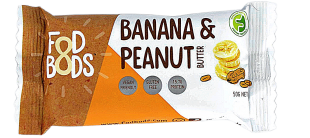
The Good Chocolate Himalayan Salt No Sugar Mini Bars
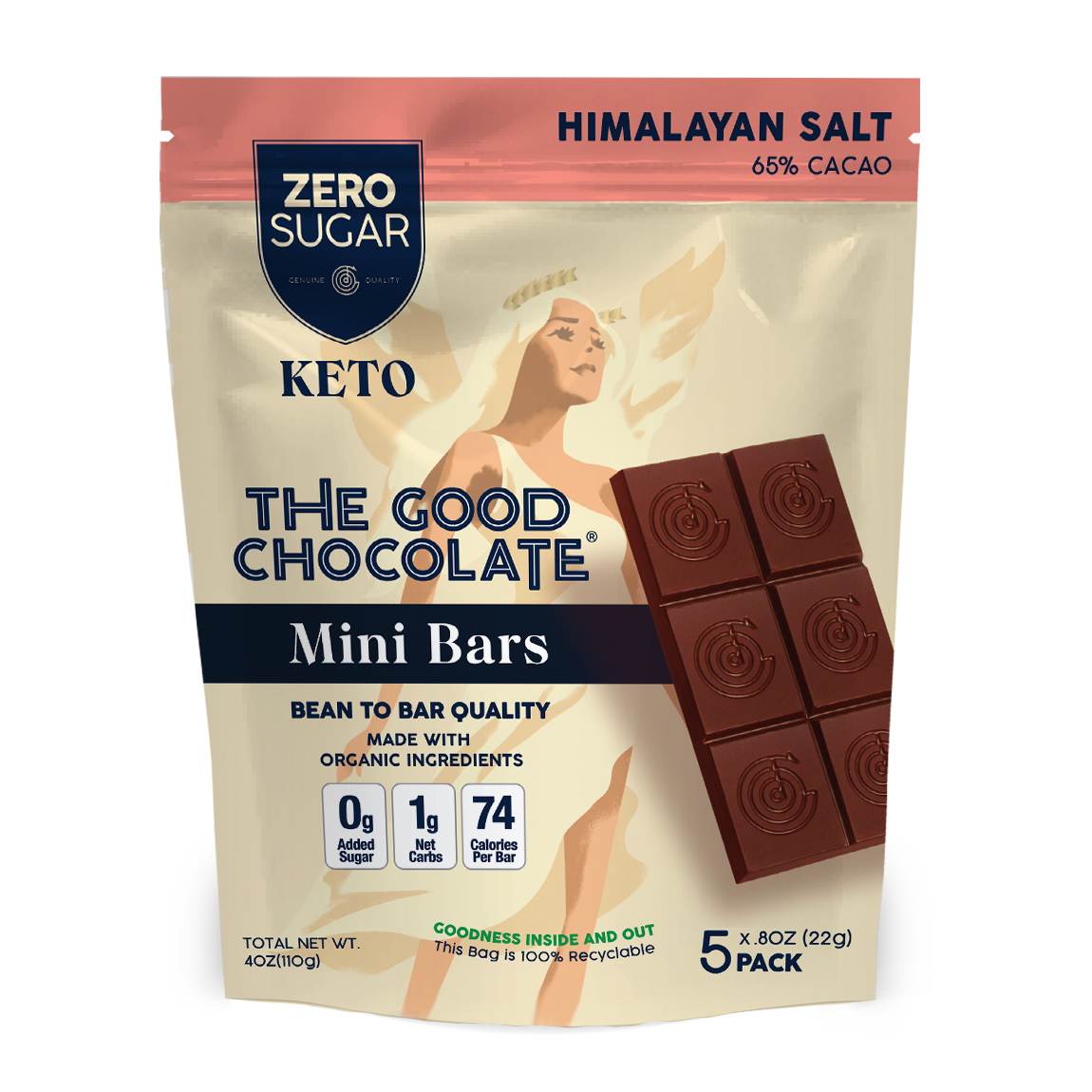
In Summary
Type one diabetes and IBS both similarly require dietary management and can be complex conditions. Management of both IBS and Type one together is possible with careful consideration and understanding of carbohydrates and insulin balancing.
Stress is a trigger in both IBS and poorer blood sugar control in diabetes so it is important that you are able to practise mindfulness and stress relief activities to reduce being overwhelmed or burning out.
It is important to see a Dietitian for support if you have Type 1 Diabetes, following the low FODMAP diet or both.
Written by: Stephanie Castles (Accredited Practising Dietitian)
Reviewed by: Kiarra Martindale (Accredited Practising Dietitian)


